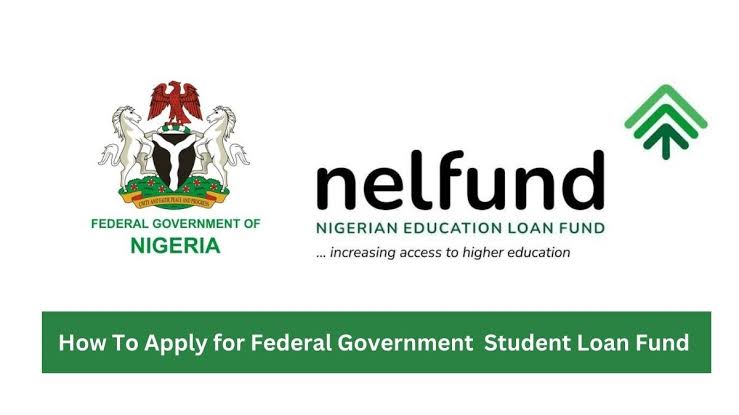Concerns are growing over the future of Nigeria’s student loan initiative, as key stakeholders warn that the scheme may be heading toward serious trouble if core issues are not urgently addressed. Questions surrounding the sustainability, transparency, and overall integrity of the program have now taken center stage in policy discussions.
Since its rollout, the student loan scheme was hailed as a major step toward expanding access to higher education. However, experts are now pointing out that without a clearly defined long-term funding model and strong governance framework, the program could collapse under the weight of unmet expectations and financial mismanagement.
Among the most pressing concerns is the program’s sustainability. Critics argue that the government has not adequately addressed how it intends to maintain consistent funding amid economic fluctuations and budget constraints. Others worry that without strict monitoring, the scheme could become vulnerable to abuse and defaults, similar to past failed loan programs.
Reputation is another sticking point. If the scheme fails, it could damage public trust in future educational interventions and further discourage students from participating. Stakeholders are also calling for a robust repayment strategy and improved screening to ensure loans are granted to students who genuinely need them and are likely to repay.
For many, the student loan program still holds promise but only if it’s managed with foresight and accountability. Without serious reforms, what started as a lifeline for students could become another cautionary tale in Nigeria’s educational journey.







Leave a Reply